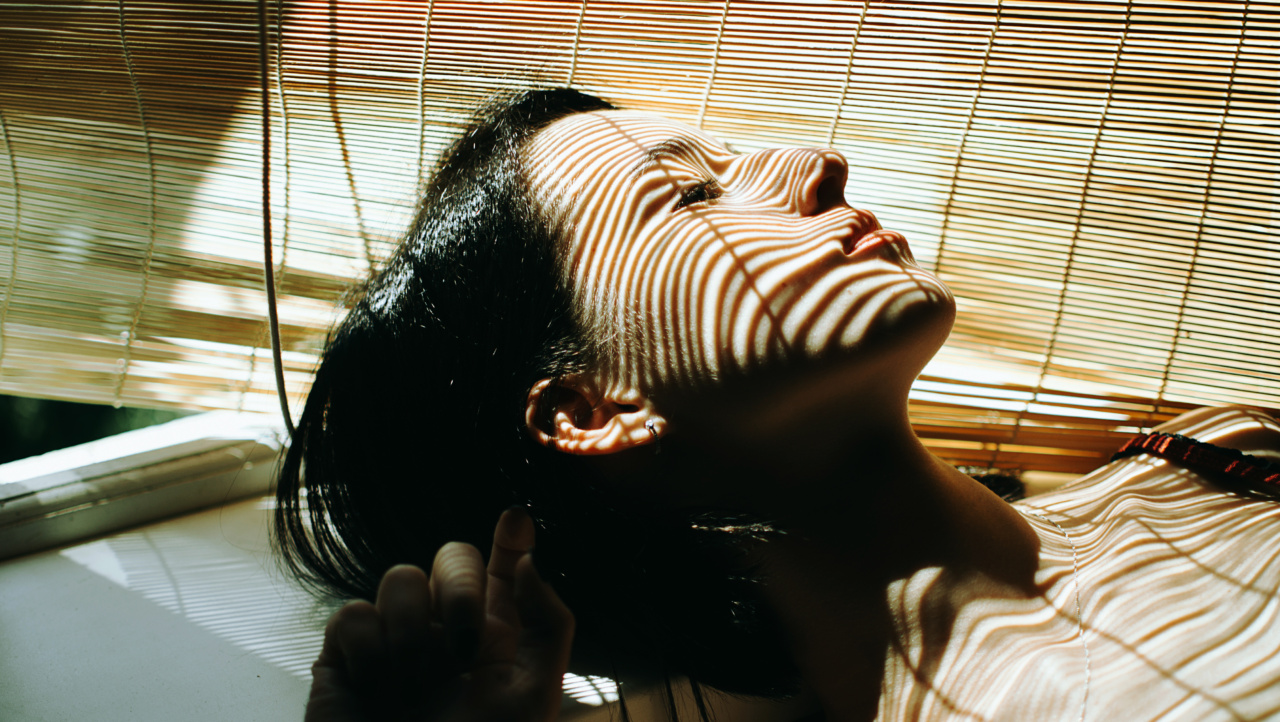We’ve all heard the phrase “beauty sleep” before, but what exactly does it mean? Is it just a catchy phrase or is there some truth behind it? Well, it turns out that beauty sleep is not just a myth, but rather a crucial factor in maintaining youthful, glowing skin. In this article, we will delve into the science behind the importance of sleep for your skin and provide some tips on how to optimize your beauty sleep routine for maximum benefits.
The Science Behind Beauty Sleep
Your skin is the largest organ in your body and acts as a protective barrier against external factors such as pollution, UV radiation, and harsh weather conditions.
During the day, your skin is constantly exposed to these environmental stressors, which can lead to the breakdown of collagen and elastin, two important proteins responsible for keeping your skin firm and elastic. When you sleep, however, your body goes into repair mode and triggers a series of restorative processes that help repair and regenerate your skin.
One of the key processes that occur during sleep is increased blood flow to the skin. This increase in blood flow helps deliver essential nutrients and oxygen to your skin cells, promoting cell turnover and repair.
In addition, sleep is also the time when your body produces more collagen, which helps maintain skin elasticity and prevents the formation of wrinkles and fine lines.
The Impact of Sleep Deprivation on Your Skin
Lack of sleep, on the other hand, can have detrimental effects on your skin. When you don’t get enough sleep, your body produces more of the stress hormone cortisol.
Elevated levels of cortisol can trigger inflammation in the body, leading to various skin issues such as acne breakouts, redness, and even psoriasis flare-ups. Moreover, chronic sleep deprivation is also associated with accelerated aging of the skin, as it disrupts the natural repair processes and hinders collagen production.
In addition to increased cortisol levels, lack of sleep also affects the balance of other hormones in your body.
One such hormone is melatonin, often referred to as the “sleep hormone.” Melatonin not only regulates your sleep-wake cycle but also acts as a potent antioxidant. It helps neutralize harmful free radicals that can damage your skin cells and contribute to premature aging. When you don’t get enough sleep, the production of melatonin is disrupted, leaving your skin vulnerable to oxidative stress.
Tips for Optimizing Your Beauty Sleep Routine
Now that we understand the importance of beauty sleep for your skin, let’s discuss some tips on how to optimize your sleep routine to enhance its benefits:.
1. Establish a Consistent Sleep Schedule
Try to go to bed and wake up at the same time every day, even on weekends. This helps regulate your body’s internal clock and promotes better sleep quality.
2. Create a Relaxing Bedtime Ritual
Prioritize winding down before bed by engaging in relaxing activities such as reading a book, taking a warm bath, or practicing meditation. Avoid stimulating activities or screens that emit blue light, as they can interfere with your sleep.
3. Invest in a Quality Mattress and Bedding
A comfortable and supportive mattress, along with breathable bedding, can significantly improve your sleep quality and contribute to healthier skin. Consider investing in a good pillow that aligns your neck and spine for optimal comfort.
4. Keep Your Bedroom Dark and Cool
Create a sleep-friendly environment by keeping your bedroom dark, quiet, and at a cool temperature. Use blackout curtains or an eye mask, turn off electronic devices, and use earplugs or white noise machines to minimize disruptions.
5. Avoid Heavy Meals and Stimulants Before Bed
Eating a large meal or consuming stimulants such as caffeine or nicotine close to bedtime can interfere with your sleep. Opt for lighter, balanced meals and avoid caffeinated beverages at least a few hours before you plan to sleep.
6. Practice Good Skincare Before Bed
The nighttime is the perfect opportunity to give your skin some extra TLC.
Cleanse your face to remove makeup and impurities, apply a hydrating moisturizer, and consider using products with active ingredients like retinol or hyaluronic acid to boost collagen production and hydration.
7. Sleep on Your Back
While it may be challenging to control your sleeping position, try to sleep on your back instead of your side or stomach. Sleeping on your back helps prevent friction and pressure on your face, reducing the likelihood of wrinkles and sleep lines.
8. Use Silk or Satin Pillowcases
Silk or satin pillowcases are gentle on your skin and help minimize friction, reducing the risk of developing sleep lines and wrinkles. They also help to keep your skin moisturized as they are less absorbent than cotton pillowcases.
9. Consider Using a Humidifier
Dry air can contribute to skin dryness and irritation. Using a humidifier in your bedroom can add moisture to the air and help prevent your skin from drying out while you sleep.
10. Manage Stress Levels
Stress can interfere with your ability to fall asleep and stay asleep. Find healthy ways to manage stress, such as practicing relaxation techniques, exercising regularly, or seeking support from a therapist if needed.
The Bottom Line
Your skin deserves the best care, and beauty sleep is an essential component of a healthy skincare routine.
By understanding the science behind beauty sleep and implementing these tips to optimize your sleep routine, you can achieve youthful, glowing skin that radiates with health and vitality.






























